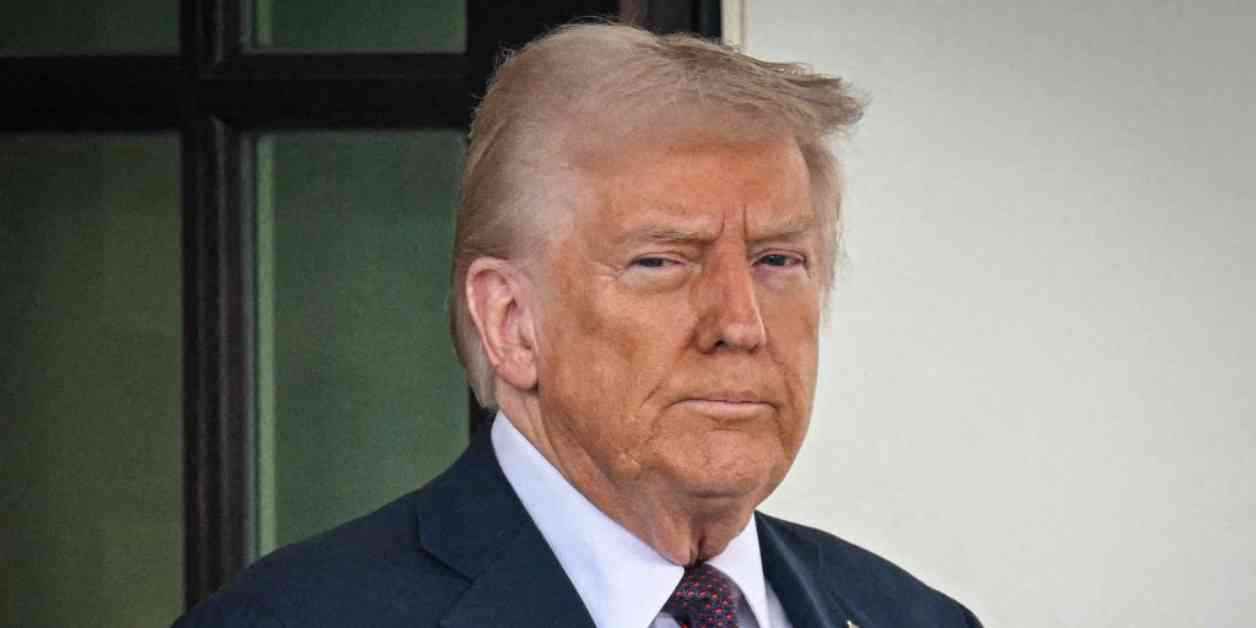President Trump has been under scrutiny for his recent meeting with Ukrainian President Zelenskyy, as well as the announcement of DOGE cuts before Congress. During remarks at the White House, Trump confirmed that U.S. tariffs on Canada and Mexico are still set to take effect tomorrow. This decision comes after a 30-day delay in the implementation of these tariffs. Additionally, the Pentagon announced the renaming of Fort Moore back to Fort Benning, honoring World War I veteran Cpl. Fred G. Benning.
Pentagon Announces Fort Moore Renaming
Established in 1918, Fort Benning was named after Confederate Gen. Henry Benning. However, the Pentagon decided to revert the name back to Fort Benning to honor Cpl. Fred G. Benning, a decorated World War I Army veteran. This decision comes after the base was briefly renamed Fort Moore in 2023, in honor of Army Lt. Gen. Hal Moore and his wife, Julie Compton Moore. Hal Moore, a Vietnam War commander, and Julie Moore, a military advocate, were pivotal figures in the military community. The renaming sparked controversy, with their children actively involved in the process. One son expressed opposition to the change back to Benning, citing the estimated cost of nearly $5 million for the renaming process.
Treasury Department Announcement and Trump’s Response
The U.S. Treasury Department recently announced that it will not enforce a Biden-era rule aimed at curbing money laundering and shell company formation. The beneficial ownership information database was created during the Biden administration but will not be enforced by the Treasury Department. In response, Trump criticized Ukrainian President Zelenskyy, expressing frustration over the lack of progress in resolving conflicts with Russia. Trump’s remarks on the situation have drawn attention and criticism from various political figures.
National Security Adviser’s Stance and Former Russian Ambassador’s Critique
National security adviser Mike Waltz expressed openness to negotiations with Zelenskyy, emphasizing the need for clear communication and a commitment to peace talks. Meanwhile, former Russian Ambassador Michael McFaul condemned Trump for what he perceived as a “complete capitulation” to Russia. Their contrasting views shed light on the complexities of international diplomacy and the challenges faced in resolving conflicts between nations.
In conclusion, the recent events involving Trump, Zelenskyy, and various political figures have sparked debates and discussions on international relations, military history, and government policies. The decisions and statements made by key figures reflect the ongoing tensions and challenges in the global landscape. As the situation continues to evolve, it remains essential to consider diverse perspectives and engage in constructive dialogue to address complex issues effectively.


